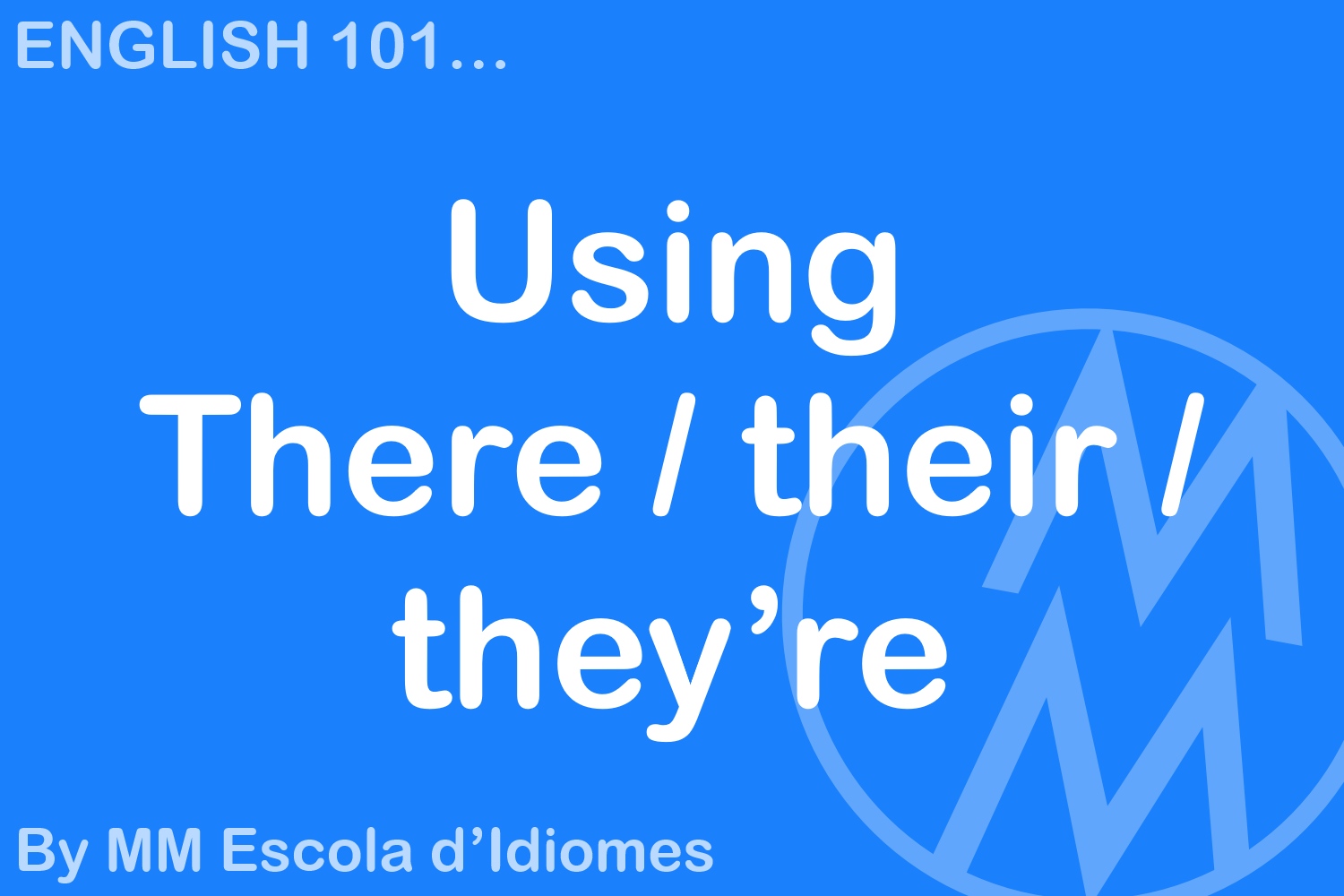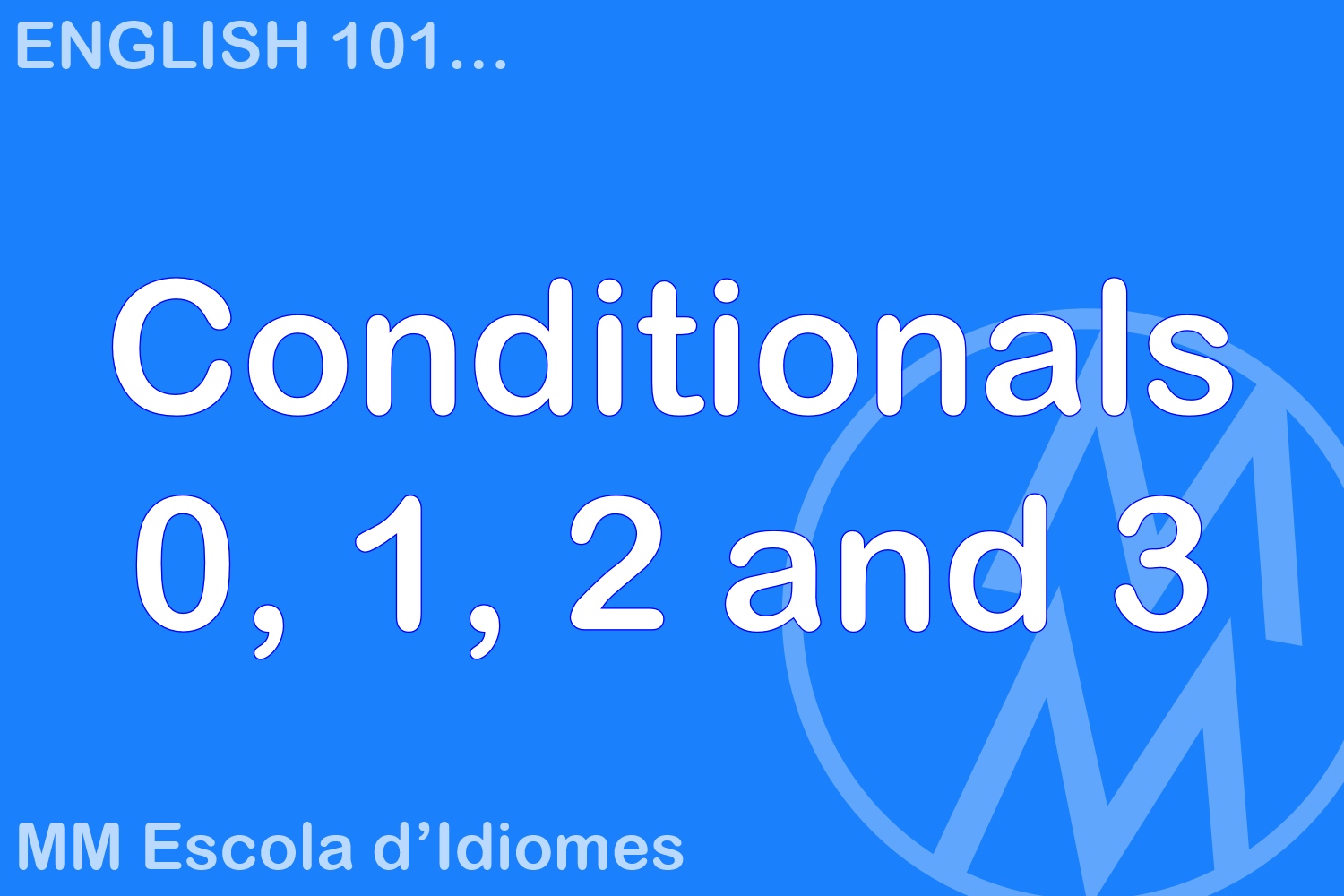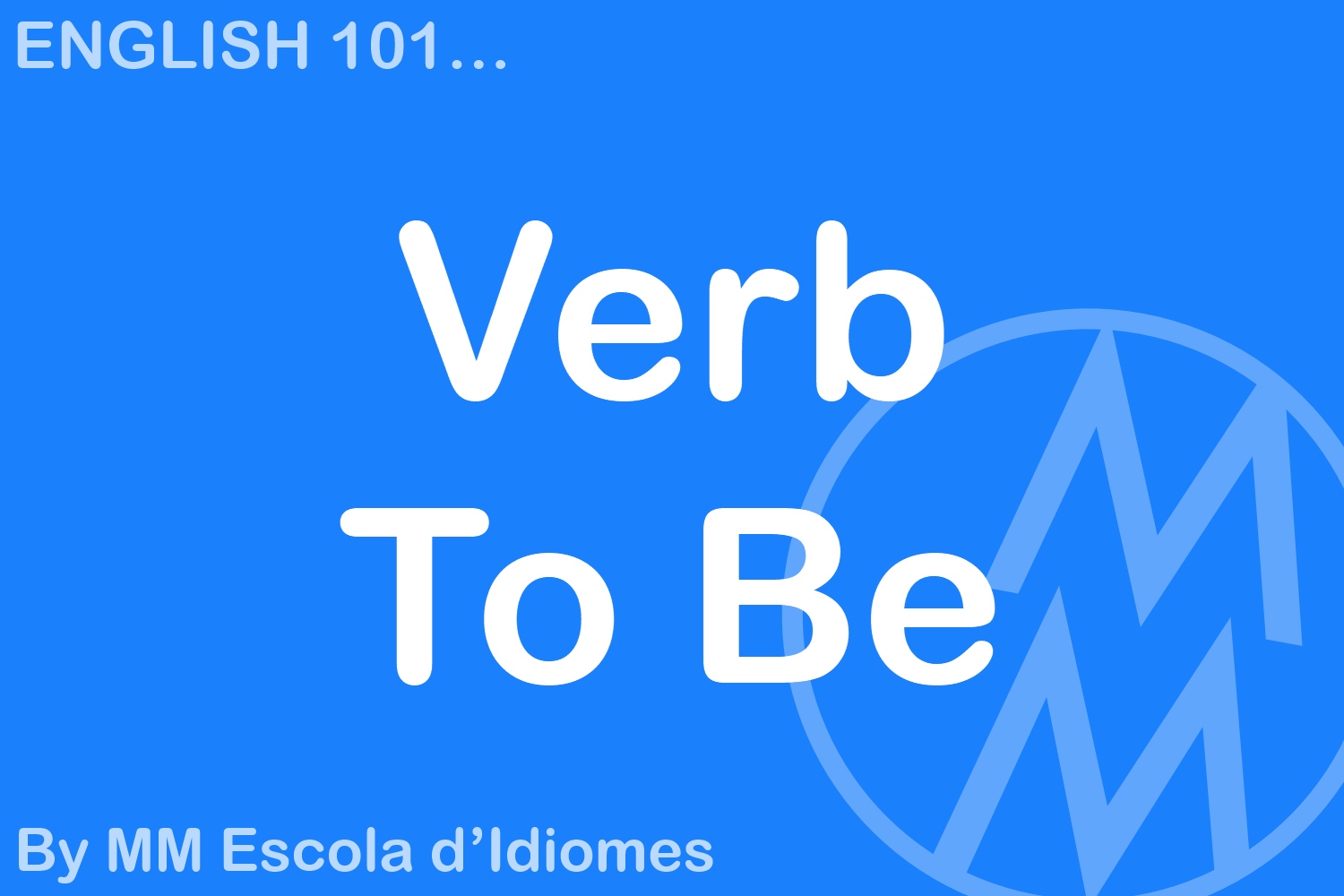Explaining the conditionals 0, 1, 2 and 3
Conditionals are an essential aspect of language that allow us to express ideas about what might happen in different situations. In English, there are four main types of conditionals, which are commonly referred to as Conditionals 0, 1, 2, and 3. Each type of conditional expresses a different level of certainty or likelihood about a hypothetical situation. In this blog post, we will explore each type of conditional in detail, providing examples and explanations to help you better understand how to use them in your own writing and speaking.
Conditional 0: Present Real Conditional
Conditional 0, also known as the present real conditional, is used to describe situations that are always true or that happen regularly. It is used when we want to talk about a cause and effect relationship in the present or future. Conditional 0 is formed using the present tense in both the “if” clause and the main clause.
Example: If it rains, the streets get wet.
In this example, the “if” clause is “if it rains,” and the main clause is “the streets get wet.” The sentence expresses a cause and effect relationship that is always true. It does not suggest that it is currently raining or that it will rain in the future, but rather that if it does rain, the streets will get wet.
Here are some more examples of Conditional 0:
- If you eat too much, you gain weight.
- If you study hard, you get good grades.
- If the train is on time, we will arrive at 3 pm.
Conditional 1: Present Unreal Conditional
Conditional 1, also known as the present unreal conditional, is used to describe hypothetical situations in the present or future. It is used when we want to talk about what might happen if a certain condition were met. Conditional 1 is formed using the simple present tense in the “if” clause and the future tense with “will” or “going to” in the main clause.
Example: If I have time, I will go to the gym.
In this example, the “if” clause is “if I have time,” and the main clause is “I will go to the gym.” The sentence expresses a hypothetical situation in the present or future. It suggests that the speaker does not currently have time to go to the gym, but if they did, they would go.
Here are some more examples of Conditional 1:
- If I get a promotion, I will buy a new car.
- If it stops raining, we will go for a walk.
- If you come to the party, I will be happy.
Conditional 2: Past Unreal Conditional
Conditional 2, also known as the past unreal conditional, is used to describe hypothetical situations in the past. It is used when we want to talk about what might have happened if a certain condition had been met. Conditional 2 is formed using the simple past tense in the “if” clause and the past conditional tense with “would” or “could” in the main clause.
Example: If I had more money, I would buy a bigger house.
In this example, the “if” clause is “if I had more money,” and the main clause is “I would buy a bigger house.” The sentence expresses a hypothetical situation in the past. It suggests that the speaker did not have enough money to buy a bigger house, but if they had, they would have done so.
Here are some more examples of Conditional 2:
- If I had studied harder, I would have passed the test.
- If I had known you were coming, I would have baked a cake.
- If it had been sunny, we would have gone to the beach.
Conditional 3: Past Perfect Unreal Conditional
Conditional 3, also known as the past perfect unreal conditional, is used to describe hypothetical situations in the past that did not happen. It is used when we want to talk about what might have happened if a certain condition had been met, but it was not. Conditional 3 is formed using the past perfect tense in the “if” clause and the past conditional perfect tense with “would have” or “could have” in the main clause.
Example: If I had known about the job opening, I would have applied.
In this example, the “if” clause is “if I had known about the job opening,” and the main clause is “I would have applied.” The sentence expresses a hypothetical situation in the past that did not happen. It suggests that the speaker did not know about the job opening, but if they had, they would have applied.
Here are some more examples of Conditional 3:
- If we had left earlier, we would have caught the train.
- If I had studied abroad, I would have learned a second language.
- If I had invested in the stock market, I would have made a lot of money.
Key differences between Conditionals
One of the key differences between Conditionals 1, 2, and 3 is the tense used in the “if” clause. In Conditional 1, we use the simple present tense to describe a hypothetical situation in the present or future. In Conditional 2, we use the simple past tense to describe a hypothetical situation in the past. In Conditional 3, we use the past perfect tense to describe a hypothetical situation in the past that did not happen.
Another key difference is the verb form used in the main clause. In Conditional 1, we use the future tense with “will” or “going to.” In Conditional 2, we use the past conditional tense with “would” or “could.” In Conditional 3, we use the past conditional perfect tense with “would have” or “could have.”
It’s important to note that while these conditionals are different in form and meaning, they can be used together in the same sentence to express complex hypothetical situations we call Mixed Conditionals (Read our article on Mixed Conditionals). For example:
If I had studied harder (Conditional 3), I would have passed the test (Conditional 2), and I would be in a better position now (Conditional 1).
In this sentence, the speaker is expressing regret about not studying harder for a test in the past (Conditional 3). They suggest that if they had studied harder, they would have passed the test (Conditional 2) and would be in a better position now (Conditional 1).
Final Thoughts
Understanding Conditionals 0, 1, 2, and 3 is an important part of mastering English grammar. By using these conditionals correctly, you can express complex hypothetical situations with precision and clarity. Remember, each conditional expresses a different level of certainty or likelihood about a hypothetical situation, and the tense and verb form used in each clause is important to convey the intended meaning. With practice, you can become confident in your ability to use these conditionals effectively in your writing and speaking.
This article is also available in:










